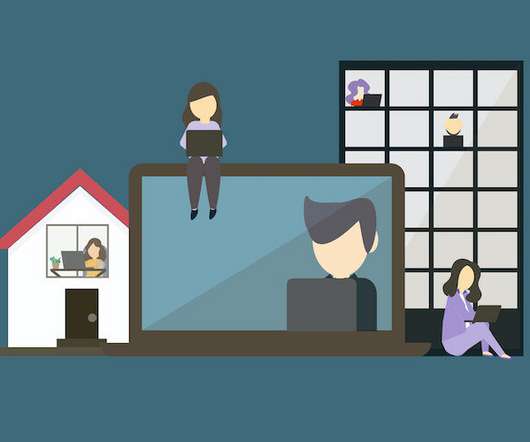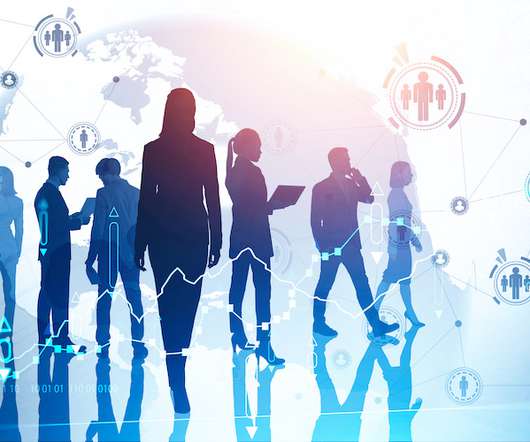The shift to hybrid work demands rebalanced workplace culture and new supporting technology
CLO Magazine
AUGUST 23, 2021
Notably, the same research revealed that 82 percent of workers would like their employer to revamp their employee benefits and perks, such as office drinks, socials, travel and cycle-to-work schemes, with 71 percent feeling the benefits and remunerations their company offers are outdated.
















Let's personalize your content